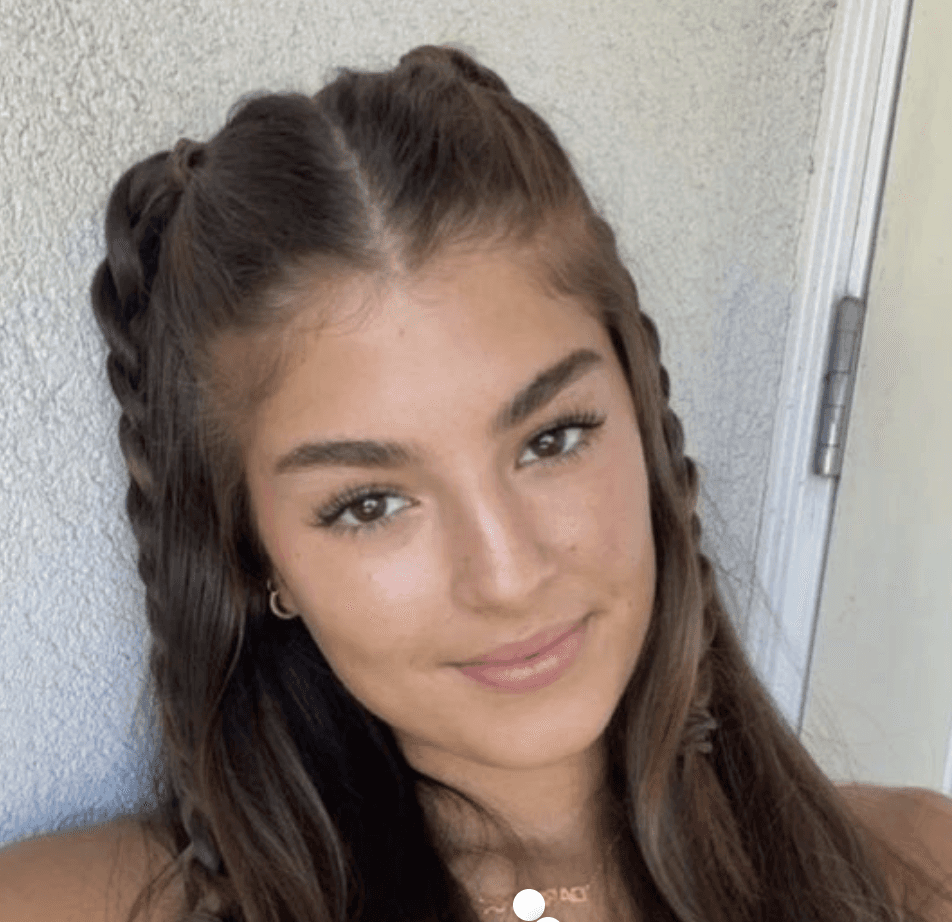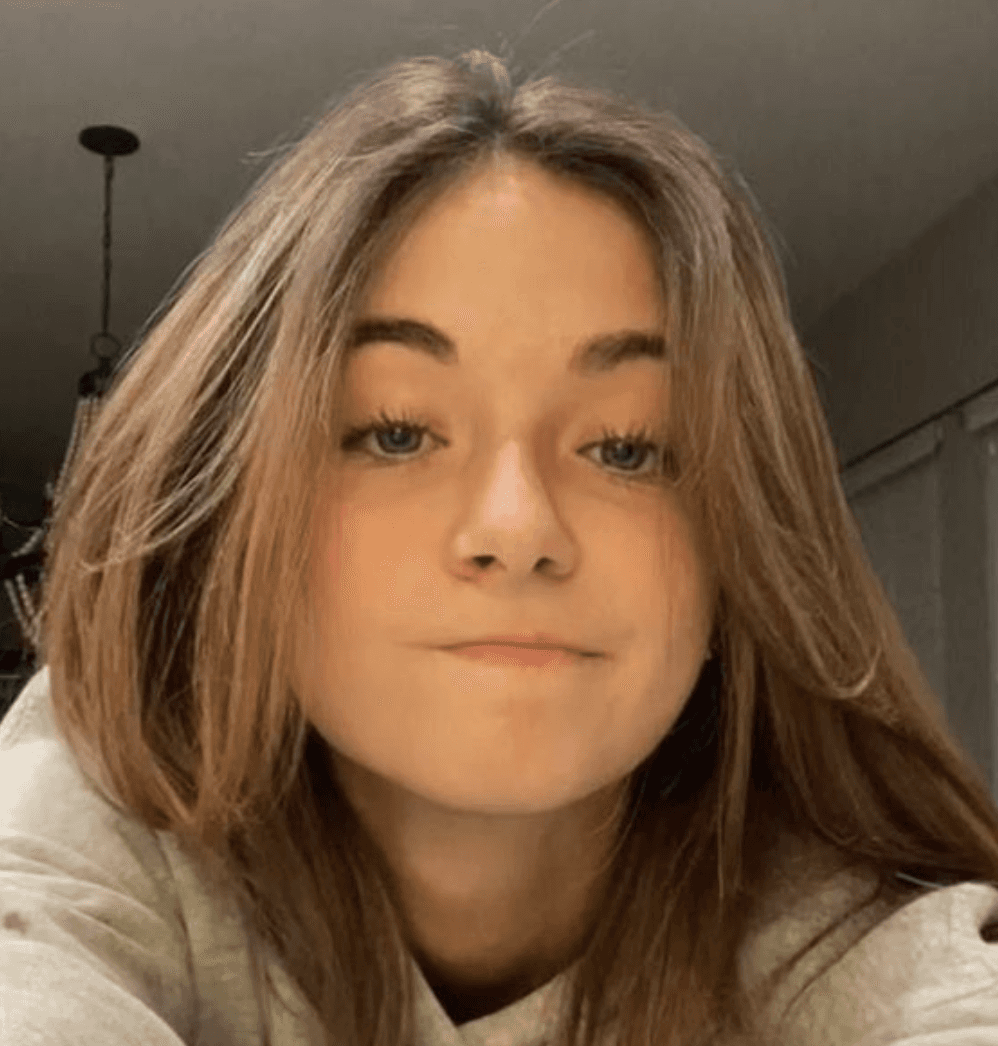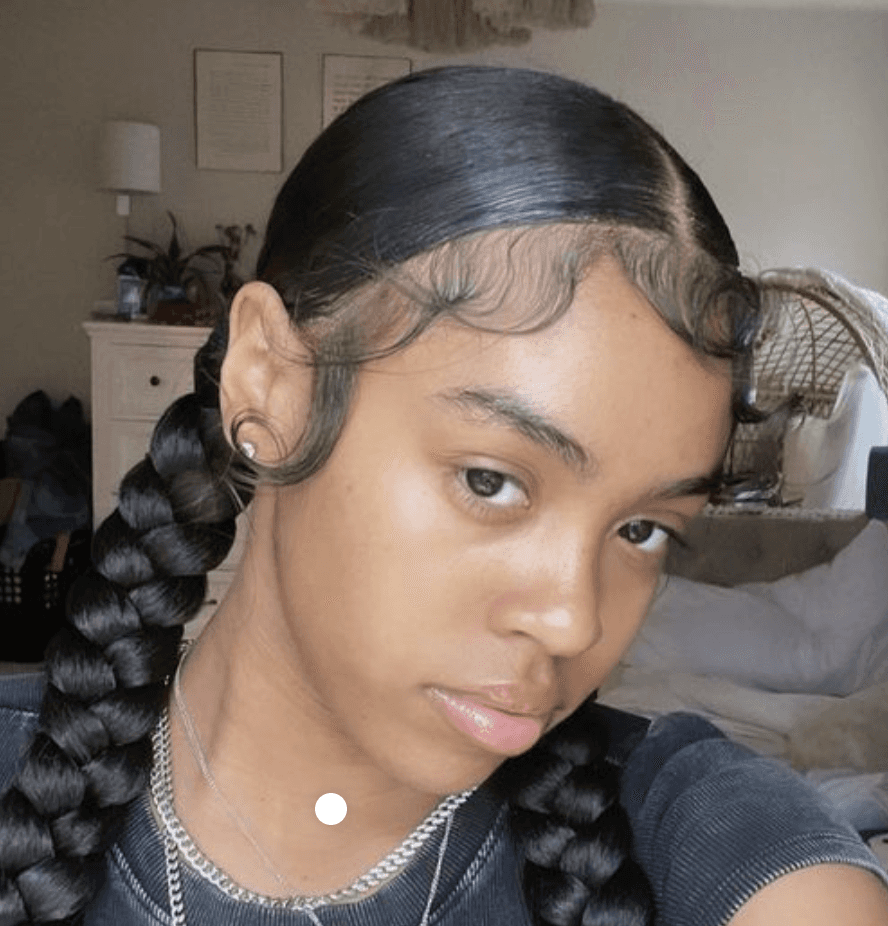6 Celebrities Who Are Living (And Thriving!) With Depression
6 Celebrities Who Are Living (And Thriving!) With Depression
3 min read
It can be difficult to imagine anyone else going through depression, especially celebrities. While their lives might seem shiny from the outside, all is not what it seems. Many famous individuals have spoken openly about their experiences with depression, including the six below, who have managed to thrive despite their battles with mental health.
Michael Phelps
The Olympic swimmer has been candid about his experience with depression and anxiety. In 2018, he spoke about how he fell into a particularly dark depressive episode after the 2012 Olympics, to the point that he contemplated suicide. That was when he finally knew he needed to seek treatment.
Not only does he now manage his own mental health through therapy, he also is a powerful advocate for destigmatizing mental health issues through the Michael Phelps Foundation.
Logic
You’ve probably heard the song "1-800-273-8255” — which is the number for the National Suicide Prevention Lifeline. You may not know that the song was inspired by the rapper’s own experience with anxiety and depression, which he describes in the song.
In an interview with the Recording Academy, Logic said he was inspired to write about his mental health struggles in his music because of the stigma surrounding them. He said he used to feel “stupid” for discussing his anxiety and depression, but not anymore. Not only did that song send a loving message to those who needed it most, it also won Song of the Year at the Grammys.
Lady Gaga
Lady Gaga is a 13-time Grammy winning artist, and even she has spoken openly about her depression. In fact, she founded the Born This Way Foundation to support mental health initiatives.
In 2020, she spoke about how she’s used her music to cope with her depression, telling People Magazine “I spent a lot of time in a sort of catatonic state of just not wanting to do anything," before making her album Chromatica.
Through the Born This Way Foundation, Lady Gaga specifically hopes to encourage young people to speak out about their struggles and promote a “kinder and braver” world.
Dwayne "The Rock" Johnson
Last year, Dwayne “The Rock” Johnson spoke out about experiencing depression throughout his life, starting in college when he was sidelined from the football team due to an injury. “At that time ... I didn’t know what mental health was, I didn’t know what depression was, I just knew I didn’t want to be there,” he said on The Pivot Podcast.
He also admitted that it wasn’t until 2017 that he was really able to identify his depression and properly cope with it. He may be a movie star, superhero and pro wrestler, but he continues to remind fans that the bravest thing you can do for yourself is ask for help when you need it.
Taraji P. Henson
The Empire actress has gone so far as to speak with Congress about her own depression and anxiety in order to advocate for mental health services for the Black community.
In an interview last year, she explained “it’s really hard to find someone that looks like us, that I can talk to and feel comfortable speaking to.”
In 2018, she launched the Boris Lawrence Henson Foundation in honor of her father, who struggled with PTSD and bipolar disorder. Through the foundation, she works to destigmatize mental health, specifically in the Black community, and enhance accessibility of resources for those who need them.
Adele
Adele has said that her depression began when she was just 10 years old, when her grandfather passed away. She’s described herself as someone who is “very available” to depression and tends to experience frequent depressive episodes.
Despite that, she has managed to use her music not only as an outlet for her own battles, but also as a way to make others feel seen. She also speaks openly about therapy, encouraging anyone to seek support they need.
Want to feel your best?





Join thousands of teens who have chosen to advocate for themselves

